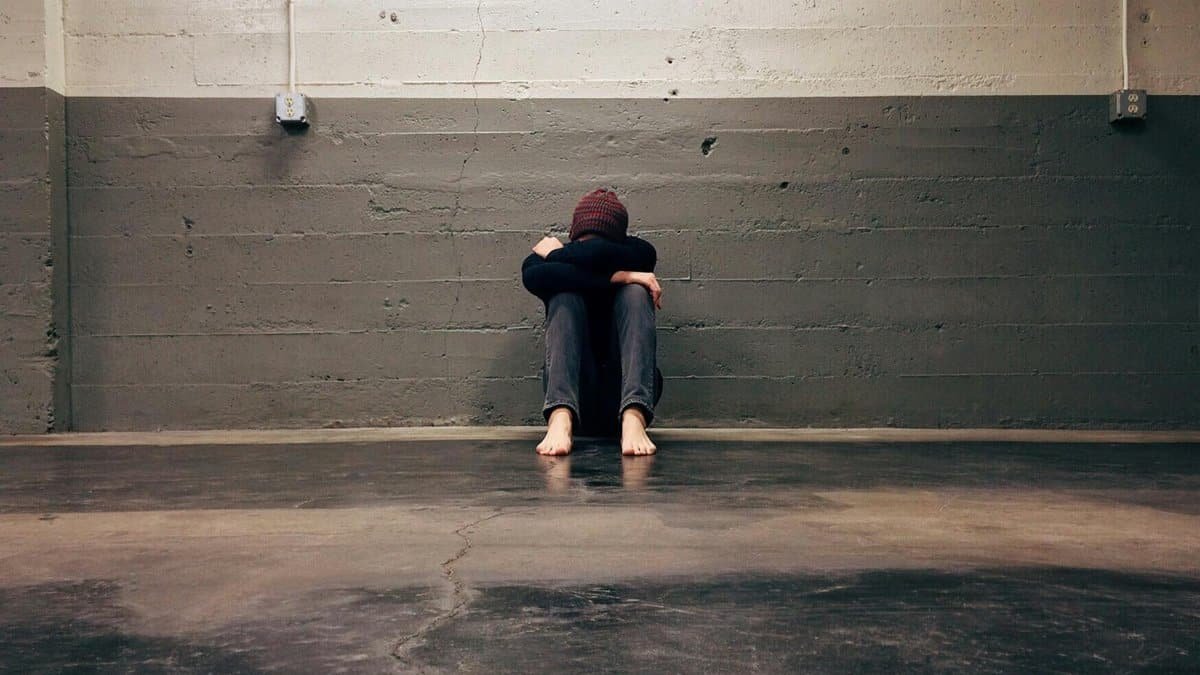Is fearing rejection really worse than the sting of solitude? New research suggests yes, with millions grappling this internal tug-of-war in 2025. Deep down, humans are wired for connection, yet the dread of being turned away often paralyzes action. This is where balance awareness comes in, a growing practice urging people to tune into their emotional equilibrium. By recognizing this fear’s roots, individuals can shift from avoidance to empowerment, turning silence into strength. Experts say it’s not just about surviving alone but thriving through self-insight.
The Psychology Behind Rejection Fear
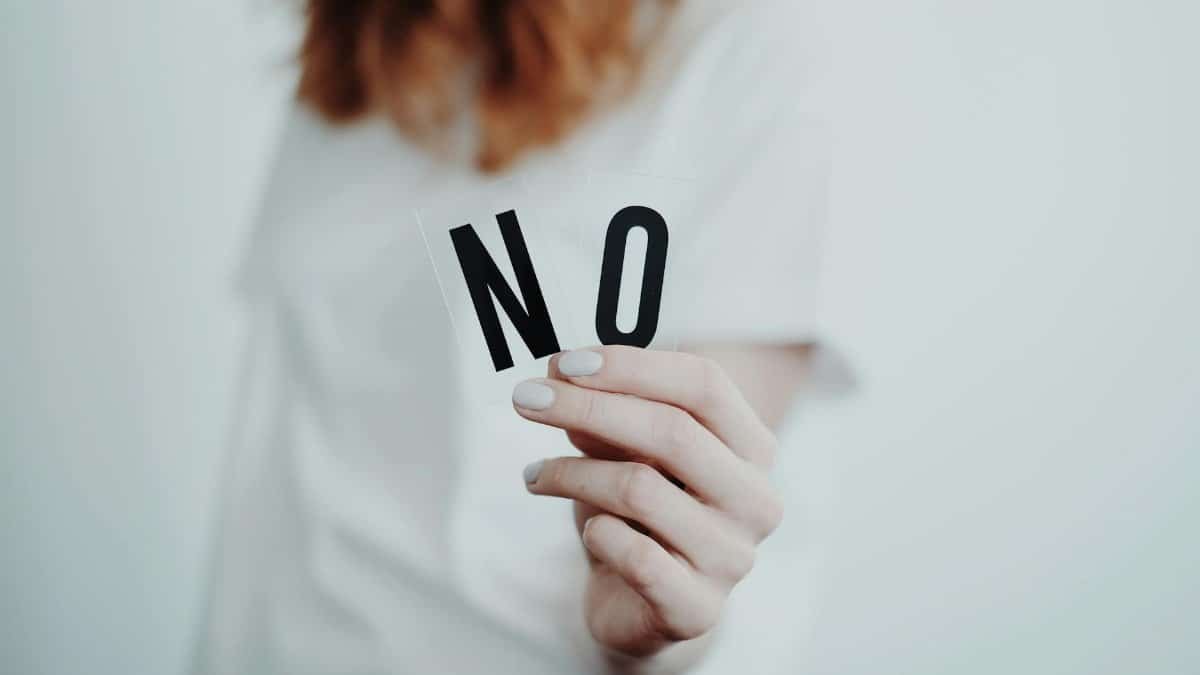
Fear of rejection taps into primal instincts. Evolutionary psychologists argue it’s a survival mechanism from ancient times when group acceptance meant life or death. Today, it manifests in social anxiety, holding back careers and relationships. A study from the American Psychological Association highlights how rejection activates brain regions linked to physical pain. People often choose isolation over the risk, but that choice breeds deeper loneliness. Understanding this dynamic is key to building resilience.
Why Solitude Feels Safer
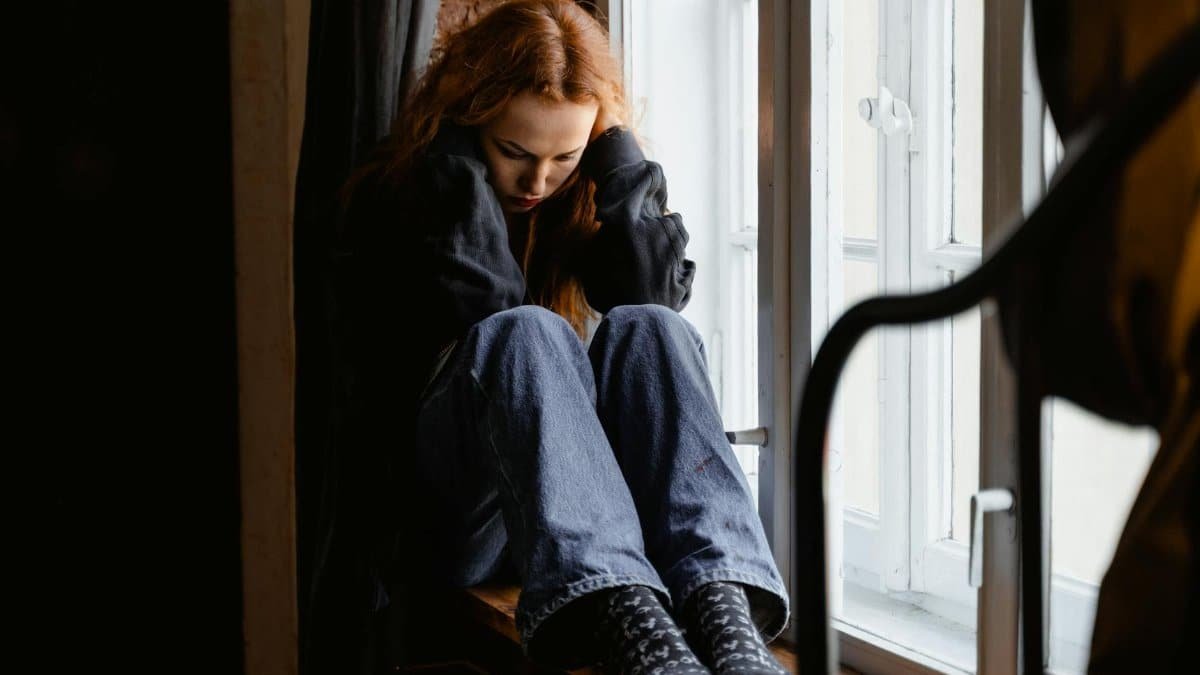
Being alone offers control, a shield from judgment. In a fast-paced world, solitude provides space for reflection without external noise. Yet, prolonged isolation can erode mental health, leading to depression or anxiety. Recent data from the CDC shows rising loneliness rates among Americans, up 15% since 2020. Balance awareness encourages viewing solitude as a tool, not an escape, helping individuals assess when it’s healthy versus harmful.
Social Media’s Role in Amplifying Fears

Platforms like Instagram and TikTok intensify rejection dread through constant comparison. A single unfollow or ignored message feels like public humiliation. Research from Pew Research Center indicates 40% of young adults experience heightened anxiety from online interactions. This digital pressure skews perceptions, making real-world connections scarier. Practicing balance awareness means logging off to reconnect with authentic self-worth, beyond likes and shares.
Real-Life Impacts on Relationships

Fearing rejection often leads to ghosting or avoidance in dating and friendships. People stay single longer, convinced solitude beats heartbreak. Therapists note this pattern in sessions, where clients admit preferring empty beds to vulnerable conversations. A report from the Journal of Personality and Social Psychology links this fear to lower relationship satisfaction. Embracing balance awareness fosters courage to engage, turning potential pain into meaningful bonds.
Health Consequences of Chronic Fear
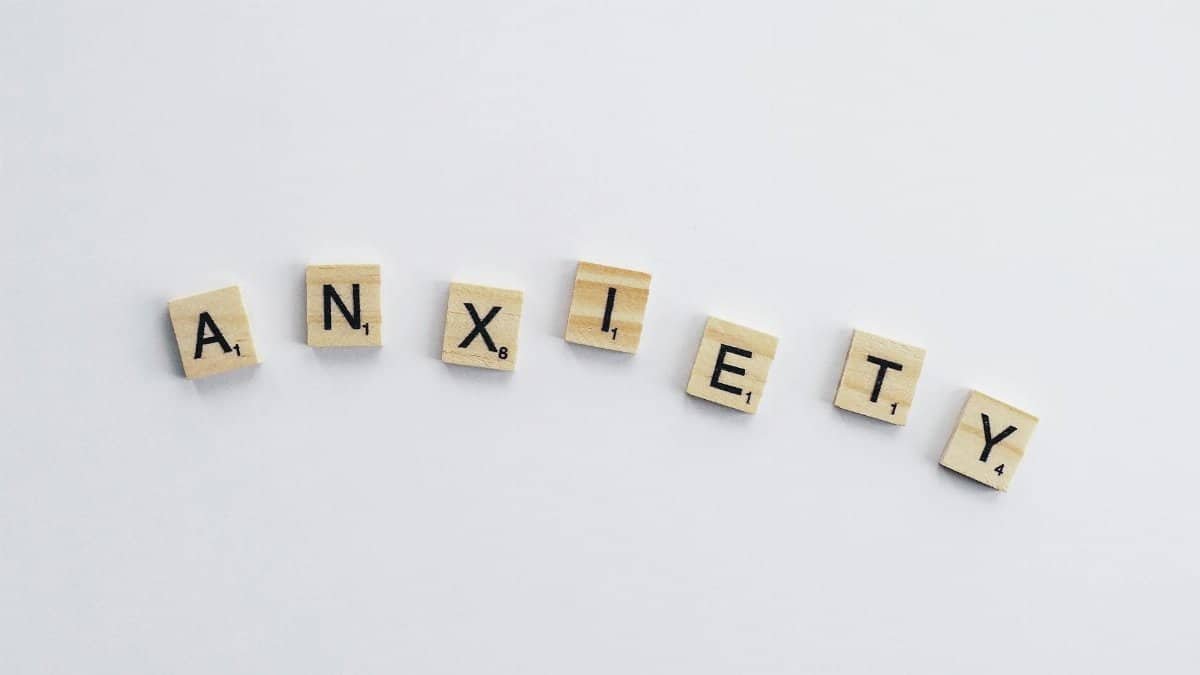
Unchecked, this fear triggers stress hormones like cortisol, harming physical health. It can lead to insomnia, weakened immunity, and even heart issues. The National Institutes of Health reports that social anxiety correlates with higher risks of cardiovascular disease. On the flip side, cultivating balance awareness through mindfulness reduces these effects, promoting calmer responses to rejection threats.
Strategies to Overcome Rejection Anxiety
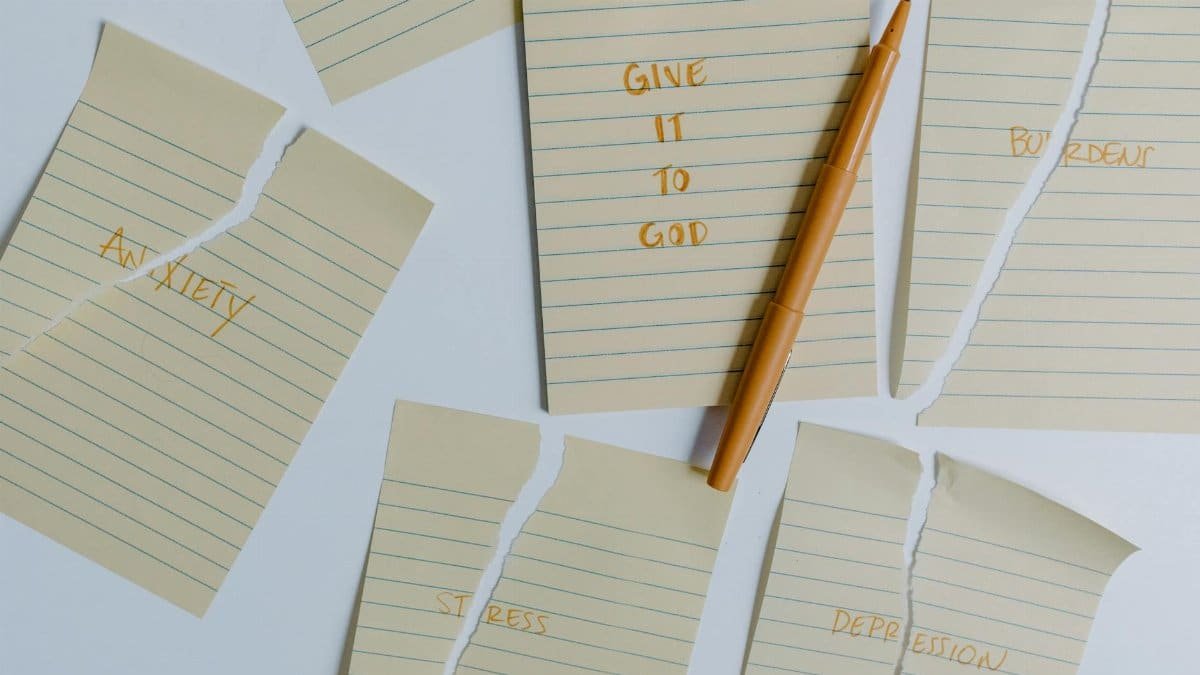
Start small: expose yourself to low-stakes risks, like joining a group activity. Cognitive behavioral techniques reframe negative thoughts, turning “they’ll hate me” into “I can handle this.” Apps and therapy sessions are booming in 2025, with telehealth making access easier. Experts recommend journaling to track emotional patterns, enhancing balance awareness and building inner confidence.
The Power of Self-Acceptance
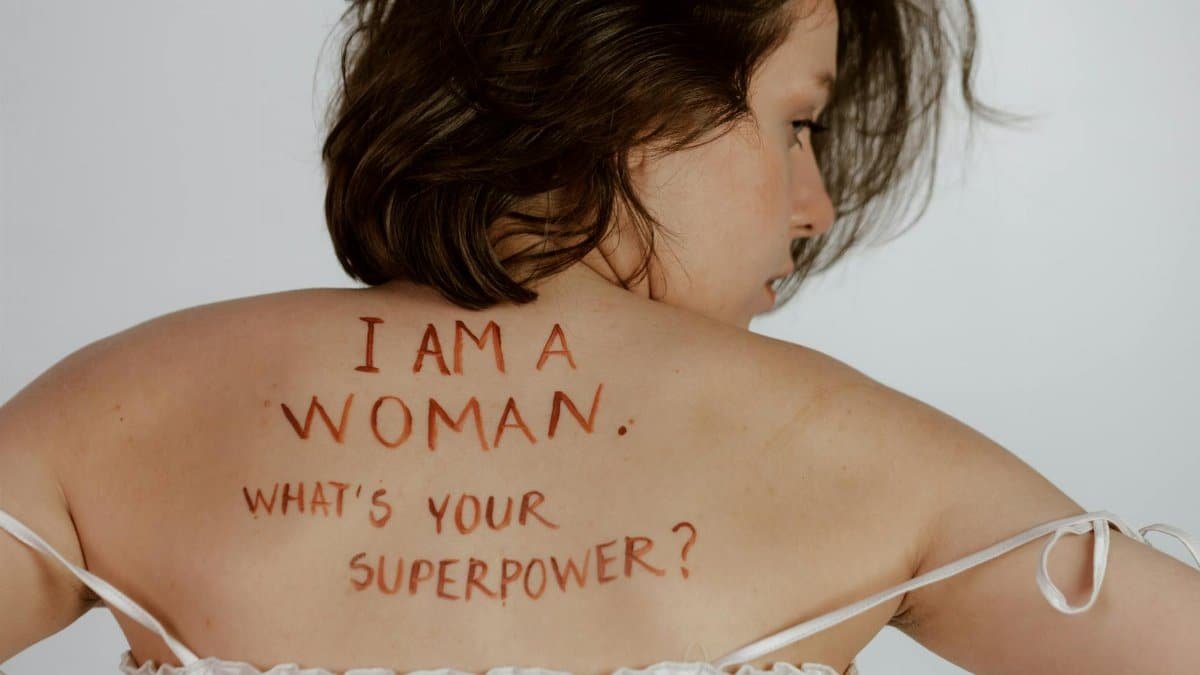
At its core, fearing rejection stems from low self-esteem. Building self-acceptance flips the script, making solitude a choice rather than a default. Positive affirmations and therapy help, as shown in studies from Harvard Medical School. When people value their own company, rejection loses its grip, leading to freer, more authentic lives.
Cultural Shifts in 2025

This year, movements like mental health advocacy are normalizing discussions on rejection. Celebrities share stories of vulnerability, inspiring fans to confront fears. Workplace programs now include balance awareness workshops, addressing burnout and isolation. Data from Gallup shows employee well-being improving with these initiatives, signaling a broader societal pivot toward emotional equilibrium.
Expert Insights on Finding Balance

Psychologist Dr. Elena Rodriguez explains, “Balance awareness isn’t about ignoring fears; it’s about acknowledging them without letting them rule.” Her work, featured in the American Psychological Association’s Anxiety Resources, emphasizes practical steps for equilibrium. Similarly, a study from the CDC’s Mental Health Page underscores how awareness practices lower loneliness metrics. Integrating these insights daily transforms fear into fuel for growth.
Moving Forward with Awareness

Ultimately, recognizing why rejection terrifies more than aloneness opens doors to change. By prioritizing balance awareness, individuals gain tools to navigate emotions effectively. It’s a personal journey, but one backed by science and real results. In 2025, as awareness spreads, expect fewer people hiding in solitude and more embracing connection’s risks and rewards.
